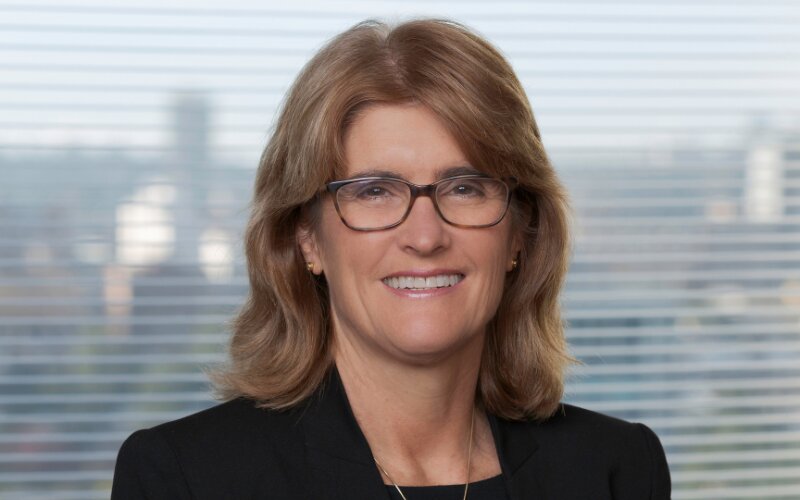In its latest global outlook report, the International Monetary Fund (IMF) expects Australia’s economy to slow amid recent turmoil in the global financial system, high inflation, and rising interest rates.
The IMF predicts the Australian economy to expand by 1.6% this year, down from its previous forecast of 1.9% - barely above population growth.
The economy is forecast to grow by a modest 1.7% in 2024.
“Tentative signs in early 2023 that the world economy could achieve a soft landing – with inflation coming down and growth steady – have receded amid stubbornly high inflation and recent financial sector turmoil,” the IMF report said.
These figures are broadly consistent to those from Australia’s Treasury and the Reserve Bank, the latter predicting 1.5% growth this year and next.
However, in the RBA’s April Financial Stability Review, the central bank noted Australia’s financial system is well-placed to weather the challenge of global conditions.
“The Australian financial system is strong,” the RBA said.
“Australia has a resilient, well-capitalised and profitable banking system that has strong liquidity coverage.”
The most recent Australian GDP growth data came in softer than expected, at +0.5% for the quarter, while household savings ratios hit a five-and-a-half-year low.
The IMF projects the consumer price index (inflation) to slide from 6.6% in 2022 to 5.3% this year and 3.2% in 2024, signalling inflation will not return to the RBA’s target range until at least 2025.
The RBA estimates inflation to decline to 4.75% over 2023 and to around 3% by mid-2025.
Federal Treasurer Jim Chalmers said the shift in the global outlook would be a key influence on the 9 May federal budget.
“Global conditions have become more complex and confronting than they were even a few months ago,” Dr Chalmers said.
“That means these key meetings and our upcoming budget will be all about providing security for our people in uncertain times for the world.”
Dr Chalmers will fly to Washington DC today with Reserve Bank Governor Philip Lowe and Treasury Secretary Steven Kennedy for meetings in the US to discuss the international economic outlook.
How will the global economy fare?
The IMF said the chances of a hard landing for the global economy have risen sharply amid stubbornly high inflation and recent financial sector turmoil, namely the collapse of Silicon Valley Bank (SVB), Signature Bank, and Credit Suisse.
Globally, the IMF envisions growth will ease from 3.4% to 2.8% this year, before settling at 3% in 2024.
“This is the lowest medium-term forecast in decades,” the IMF report said.
“The anaemic outlook reflects the tight policy stances needed to bring down inflation, the fallout from the recent deterioration in financial conditions, the ongoing war in Ukraine, and growing geo-economic fragmentation.”
The slowdown will be particularly felt in advanced economies, with 1.3% growth this year compared to 2.7% in 2022. The UK and German economies are expected to shrink by 0.3% and 0.1% respectively.
Headline inflation internationally will ease from 8.7% in 2022 to 7% this year as commodity prices fall.
IMF Chief Economist Pierre-Olivier Gourinchas said despite a decline in global inflation, conditions in the economy are deteriorating.
“Recent banking instability reminds us, however, that the situation remains fragile,” Mr Gourinchas said.
“Once again, downside risks dominate and the fog around the world economic outlook has thickened.
“We are entering a tricky phase during which economic growth remains lackluster by historical standards, financial risks have risen, yet inflation has not yet decisively turned the corner.”
Image by xb100 via freepik



 Denise Raward
Denise Raward
 Harry O'Sullivan
Harry O'Sullivan

 Hanan Dervisevic
Hanan Dervisevic
 Harrison Astbury
Harrison Astbury

